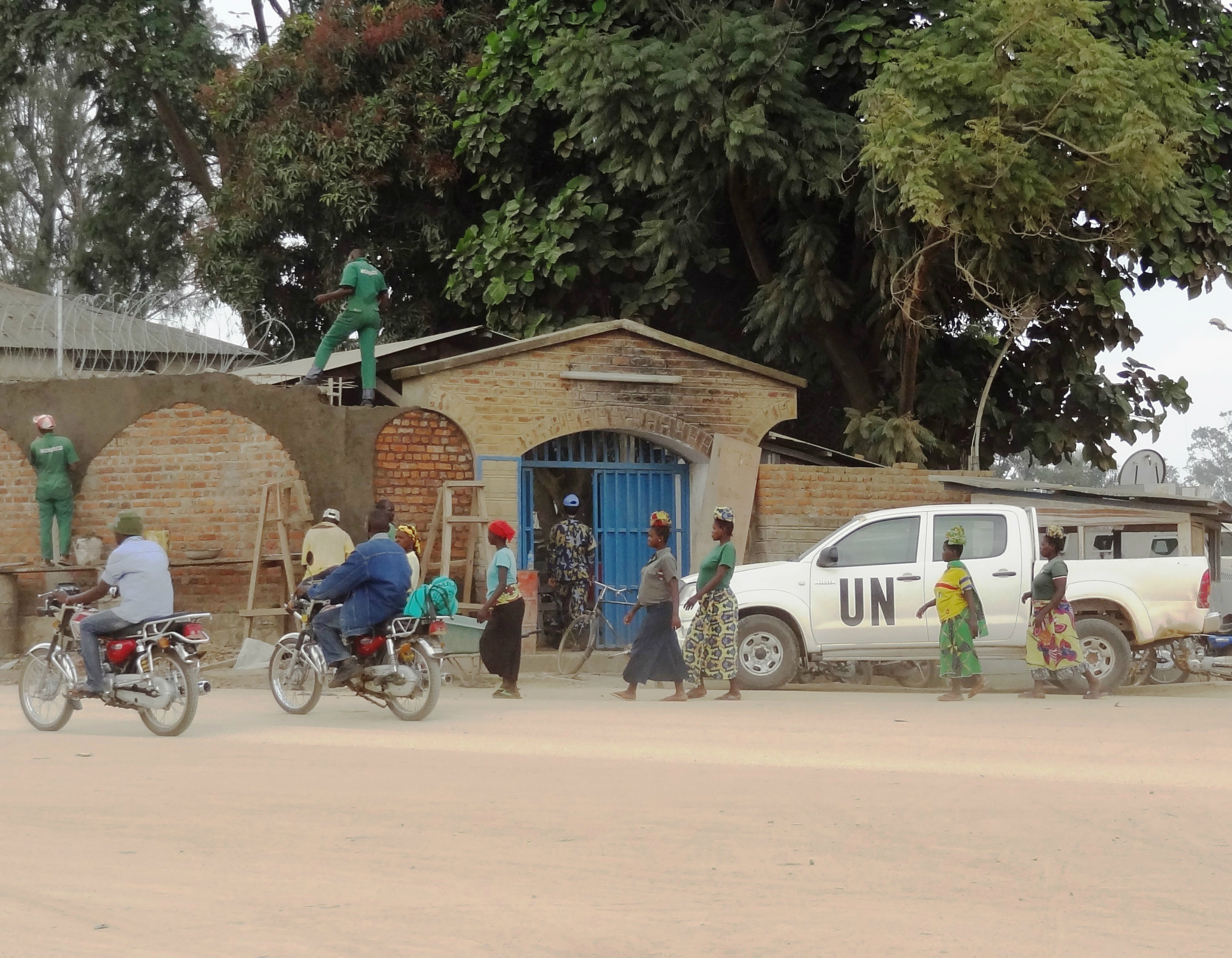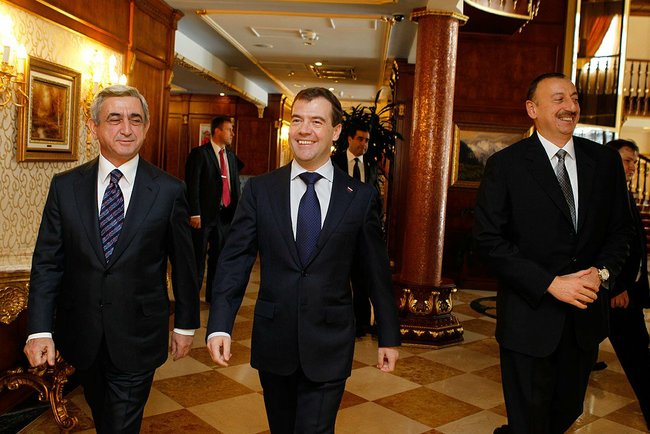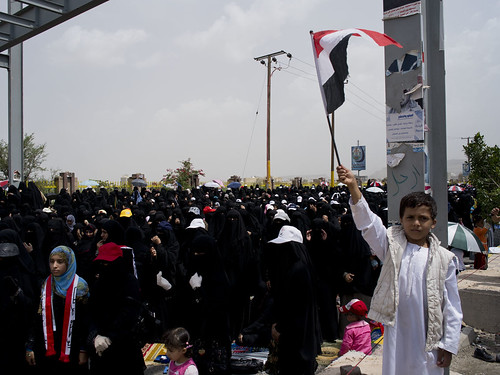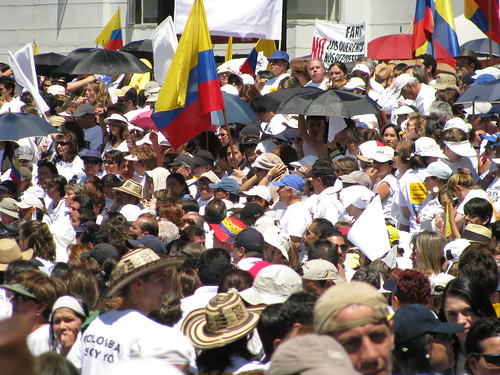
The M23’s recent abandonment of its armed struggle has renewed hopes for peace in the Democratic Republic of Congo (DRC). However, it also underlines a major problem that has characterized peace negotiations over the past decade – namely their primary focus on the “noisiest” actors whose actions aim to shock the collective international conscience. For peace to be sustainable, greater efforts are needed to localize peace initiatives.
From the battlefield to the negotiation table
On 5th November 2013, the Head of M23, Bertrand Bisimwa declared that the organization would henceforth end its armed revolt in the eastern DRC and pursue its objectives through political dialogue. This change of approach can be explained by four factors. First, the M23 experienced some important losses on the battlefield after the United Nations bolstered its MONUSCO stabilization mission with an intervention brigade that possesses a robust mandate to neutralize armed groups. Ground was also lost to the Forces Armées de la République Démocratique du Congo (FARDC) after it was strengthened, restructured and made more capable of going after M23 rebels. In addition, diplomatic pressure and suspension of development aid, mainly by the United States and European Union, prompted Rwanda to decrease its backing of the M23. Finally, the appointment of Mary Robinson as UN Special Envoy for the Great Lakes Region and Russell Feingold as US Special Envoy for the Great Lakes and the Democratic Republic of the Congo and their diplomatic engagement has undoubtedly played a part in moving the warring parties from the battlefield to the negotiation table.




